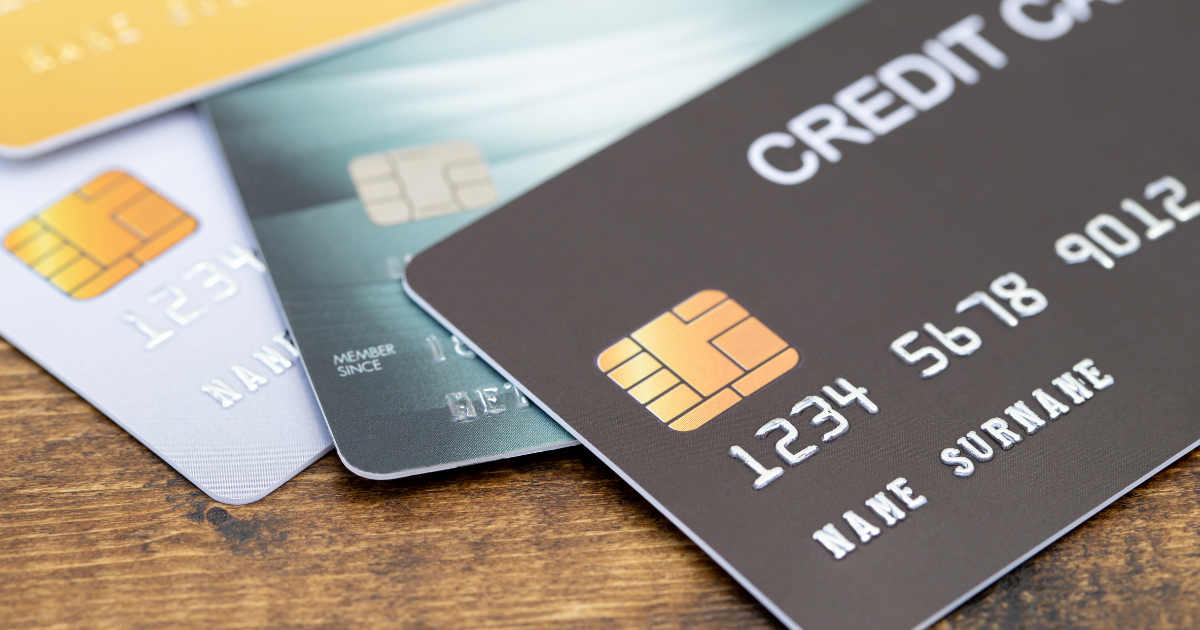
02 Aug The Potential Danger of Using Medical Credit Cards to Pay for Cancer Care
Having cancer is expensive. From medical bills, to needing to take time off work, to increased transportation costs. It can come with lots of unexpected expenses. So, when a solution like using a credit card to pay for some of those expenses is offered to you – it can sound like a great solution. It may even sound too good to be true. And it just might be.
Individuals diagnosed with cancer and their caregivers should be aware of the potential danger of medical credit cards to pay for cancer care. This blog post describes the risks of medical credit cards and alternative strategies to navigate the financial aspects of cancer treatment.
What are Medical Credit Cards?
Medical credit cards are specifically to help you pay for medical expenses.
Traditionally, medical credit cards were used to cover treatments, medications, and procedures not fully covered by insurance. But these cards can now also cover charges from hospitals or other health care providers.
While medical credit cards can help patients pay for medical expenses, they can come with high-interest rates.
They are often marketed in the waiting rooms of doctor’s or dentist’s offices. They often come with enticing features, such as low or 0% interest for a limited time, quick approval, and no credit checks. And, when a patient is dealing with a health crisis, and worried about the cost of health care, they may be more vulnerable to these marketing tactics.
But it’s very important for patients to read the fine print before signing up for these cards. And, to consider the long-term implications of using medical credit cards, since they often come with a catch.
What is the Potential Danger of Using Medical Credit Cards?
Unfortunately, the fine print on medical credit cards usually means more debt for many patients.
Your interest rate may increase.
If patients miss a payment or fail to pay off the loan during the 0% interest promotional period, the interest rate on their debt can go as high as 27%. These interest rates may be retroactively applied to the original balance. This interest trap can cause even more debt for patients than the cost of their initial medical bill. These huge interest rates can make it almost impossible for patients to pay back their medical bills.
Your credit score may be impacted.
If patients miss a payment, that can be reported to a credit reporting agency. This can harm your credit score. And having a lower credit score makes it harder to get credit, such as for a loan or mortgage, rent an apartment, or even get a future job.
Are There Other Options to Help Pay For Care?
Before signing up for a medical credit card, patients should consider other options to pay medical bills.
- You may be eligible for charity care at your hospital. Nonprofit hospitals are required to offer free or discounted health care to patients with certain incomes. This could also be called patient financial assistance or ability-to-pay programs. Hospitals must also pause sending a bill to collections while they are reviewing a financial assistance application. Some for-profit hospitals also offer financial assistance programs.
- You may be able to work out a payment plan with your provider, that doesn’t charge you any interest at all. Contact your provider to see what the options are for a payment plan.
- Your provider may also be willing to accept a lump sum payment and write off the rest of the bill, rather than setting up a payment plan.
- You may be eligible for other financial assistance programs to help pay your medical bills.
Though a medical credit card can seem convenient, carefully consider its potential dangers before choosing to sign up for one.
Read the terms you’re being offered, seek financial assistance, and explore alternative financing methods to understand your options.
By taking proactive steps to protect your financial health, you can navigate the challenges of treatment with greater peace of mind and focus on what truly matters — your health and well-being.
For more information on managing finances after a cancer diagnosis, check out Triage Cancer’s Financial Materials & Resources.
About Triage Cancer
Triage Cancer is a national, nonprofit providing free education to people diagnosed with cancer, caregivers, and health care professionals on cancer-related legal and practical issues. Through events, materials, and resources, Triage Cancer is dedicated to helping people move beyond diagnosis.
We're glad you find this resource helpful! Please feel free to share it with your communities or to post a link on your organization's website. However, this content may not be reproduced, in whole or in part, without the express permission of Triage Cancer. Please email us at info@TriageCancer.org to request permission. © 2023 Triage Cancer


